In the mid-sixties Newcastle City Corporation took the decision to redevelop the Byker area of Newcastle upon Tyne. Originally Byker was a Victorian working-class area of typical densely-built terraces. By the 1960s much of the housing needed major repair and upgrading. In 1953 Byker had nearly 1,200 dwellings considered unfit for human habitation (many lacked bathrooms), yet 80% of residents wanted to stay in Byker, a location on the eastern edge of the city centre close to industry on the riverside.
Newcastle council aimed to clear the slums but keep the community. The appointment of Ralph Erskine as architect in 1969 was seen as an inspired choice and one sensitive to local needs. Erskine's Plan of Intent was adopted by the Council in 1970 and the project was completed in 1982.
The Byker Estate covers an area of approximately 200 acres and is home to around 9,500 people.
Existing housing was demolished to make way for the new development - although some old buildings including pubs, churches and swimming baths were retained in the new design.
The move to the new development was also phased to help try to keep a sense of community alive.
The layout was designed to encourage cars to be left at the edges of the estate and public spaces were included to encourage social interaction. The area was landscaped with trees and gardens.
Byker now has an international reputation as one of the most important urban housing projects since the Second World War, though it has had it's fair share of problems over the years.
The estate has collected a number of awards including a Civic Trust Award and the Veronica Rudge Green Prize for urban design from Harvard University in the United States.
December 2018
Photographs taken from across the Tyne in Gateshead.
2nd October 2018
Shields Road bypass towards the city centre.
Headlam Street, The Stags Head.
Headlam Street.
Michaelgate.
Spires Lane.
17th July 2018
Taken at the bottom of St Peters Road.
Bolam Way, St. Lawrence Gospel Hall.
24th June 2018
Raby Way.
27th July 2017
Byker Metro Station.
21st February 2017
Albion Row, offices, formerly The Fighting Cocks.
6th May 2014
Janet Square/Street.
Jubilee Terrace area.
Ayton Rise.
Oban Gardens.
Bolam Coyne area.
Raby Cross.
Raby Street.
Kirk Street.
The Brow.
Dunn Terrace/Low Fold area.
29th April 2013
Cheviot Mount.
Michaelgate.
12th January 2012
Panoramic Photo.
8th December 2011
Bolam Coyne.
Finchdale Terrace.
22nd November 2011
Tom Collins House.
Byker Bank.
Low Fold.
Clive Place.
21st July 2011
Raby Way.
26th June 2011
Chirton Wynd.
Jubilee Terrace.
Chirton Wynd.
Grace Street.
Jubilee Terrace.
Benson Place.
Felton Green.
Raby Way.
Headlam Street.
Michaelgate.
St Michael's Mount.
Carville Rise.
Brinkburn Street.
Raby Street.
The Hare & Hounds, Raby Street.
Raby Street.
Gordon Road.
Brock Square?
Gordon Road.
St Michaels Road.
Dibley Square?
Bolam Coyne.
Kendal Street.
Gordon Road.
Dibley Square?
Raby Cross.
Ayton Rise.
Whickham Gardens.
The Brow.
Ayton Rise.
Lilburn Close.
9th May 2011
Jubilee Terrace.
Headlam Street.
29th November 2010
Kendal Street.
Gordon Road.
Commercial Road.
Near The Brow.
Clydesdale Road.
Rear of Avondale Road.
Looking over Byker to the Quayside.
Near Cheviot Mount.
Headlam Street.
Footpath at the Shields Road Bypass.
East End Pool and Library.
Conyers Road and Dalton Road.
Shipley Walk.
St Michael's Church.
8th August 2009
Byker Metro Station.
24th June 2009
Byker Metro Station.
1st June 2009
East End Library and Swimming Pool.
19th June 2009
Mason Street.
15th August 2008
Brinkburn Street, Old Byker Library.
8th July 2008
Raby Street.
Mason Street.
Priory Place.
Brinkburn Street, Old Byker Baths.
14th June 2008
Bolam Coyne.
30th April 2008
Kendal Street.
Priory Green.
.
Raby Street, The Hare and Hounds.
29th April 2008
Headlam Street Community Centre.
St Michaels Mount/Michaelgate.
Headlam Street, The Stags Head.
Headlam Street.
Michaelgate.
Byker Metro Station.
Looking west from St Peters Road.
13th February 2008
East End Library and Swimming Pool.
21st May 2007
Janet Street/Janet Square.
3rd February 2007
Raby Street, The Middle Club.
Byker Primary School and Brinkburn Street.
21st October 2006
Jubilee Terrace.
22nd September 2006
Gordon Road.
Priory Green.
Brinkburn Street.
Raby Street.
Brock Street.
Lilburn Close.
Raby Cross.
4th April 2006
Headlam Street, The Stags Head.
Headlam Street.
Views from around Avondale Road.
Headlam Street, St. Michael's Church.
East End Library and Swimming Pool.
27th March 2006
Union Road, New Fire Station.
8th February 2006
Byker Metro Station.
7th February 2006
Kendal Street.
Gordon Road, Priory Green Church.
30th December 2005
East End Library and Swimming Pool.
Byker Metro Station.
4th December 2005
Byker Metro Station.
3rd December 2005
Top of Byker Bank looking east.
Shields Road Bypass.
26th November 2005
Byker Metro Station.
19th November 2005
East End Library and Swimming Pool.
A short video about the Byker redevelopment.
Another video about the Byker estate featuring Writer, journalist, broadcaster and playwright Beatrix Campbell.
The story of the redevelopment of the iconic Byker estate in pictures.
More Information
- Wikipedia: Byker
- Amber Online: Byker photography exhibition, Sirkka-Liisa Konttinen
- The Ralph Erskine Society
- Wikipedia: Ralph Erskine
See my other photos around Byker:
- Byker (2021 to 2025)
- Byker, Bolam Street School (Demolition)
- Byker, Bolam Street, Construction of New Houses
- Byker, Chirton Estate (2020)
- Byker, Harbottle Park
- Byker, Shields Road
- Byker, St. Lawrence's Square
- Byker, St. Michael's Church
- Byker, St. Peters Basin
- Byker, The Byker Wall
- Byker, Walker Road, Hoults Yard (Old Maling Pottery)
- Heaton (2005-2023)
- Heaton (2024 onwards)
- Ouseburn (2005 to 2012)
- Ouseburn (2014 to 2018)
- Ouseburn (2020 to 2023)
- Ouseburn (2024 onwards)
- Walker
































































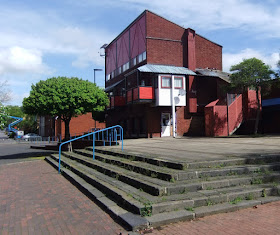












































































r.jpg)




r.jpg)
r.jpg)
r.jpg)
r.jpg)

r.jpg)
r.jpg)

r.jpg)
r.jpg)



r.jpg)
r.jpg)
r.jpg)
r.jpg)
r.jpg)

r.jpg)
r.jpg)
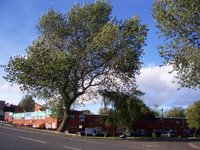

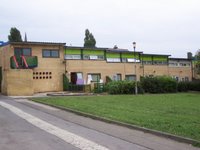
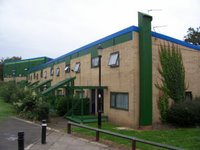
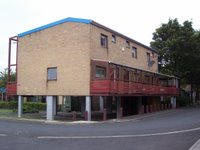
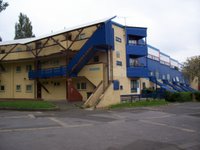
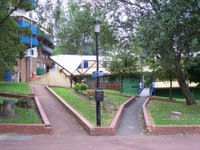
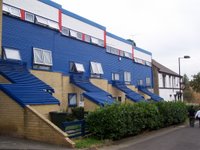
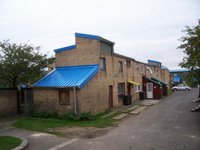






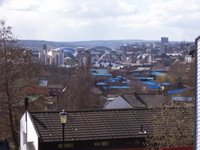

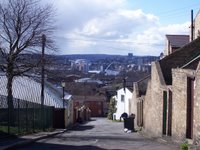
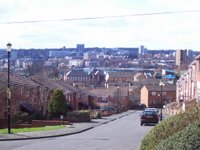
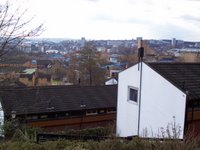
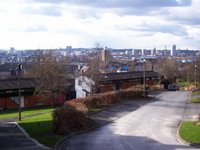

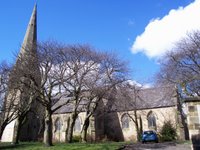

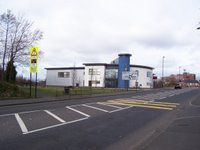

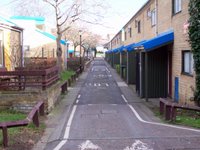
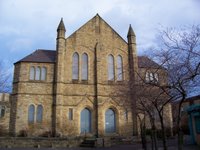
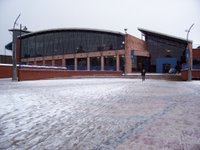
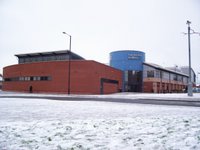

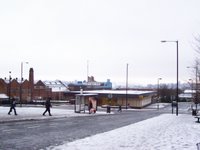
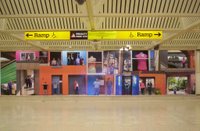

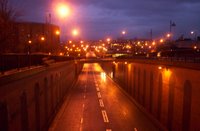

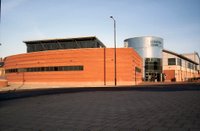
Very impressive blog here ILuvNFUC, it's quickly becoming a major resource for local photos, right up there in the search engine rankings. Good stuff. :)
ReplyDelete(brendadada)
btw, do you know anything about a Byker photography collective? In the old Tyne Tess building, as far as I know??
ReplyDeleteThanks.:)
ReplyDeleteI'm quite surprised at how popular this site getting. I expected Google to pick it up quickly but I get just as many hits from MSN too.
Can't say I've heard of the Byker collective but I will try and find out.
Have you had a look at the links in my sidebar as they may hold some clues?
The Sine.ncl.ac.uk is an amazing site
I notice you rightly say Walker was named by Vikings (and old English) but so was Byker - both Byker and Walker were named by Danish Vikings 8th-10th century or so. Only where does the "By" part come from ? We know the "Wal" part of Walker meant by the wall for obvious reasons. (Good old Hadrian !)
ReplyDelete.....unless thats exactly what it means !
ReplyDelete"By" - by the..."Kyer" marshy woodlands !
I think i recall (from Bill Brsyon) that many small words like "by" used in English IS from Old Norse.